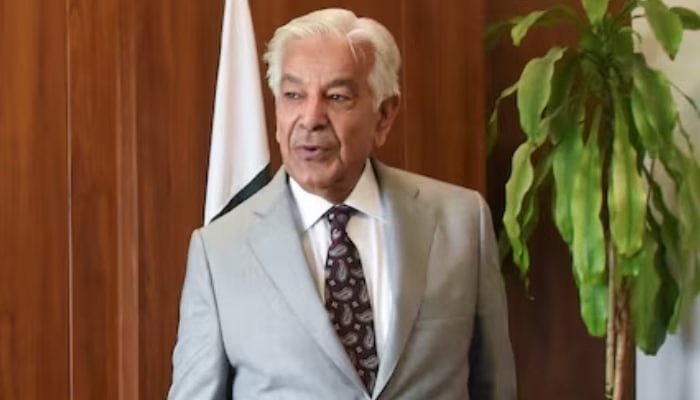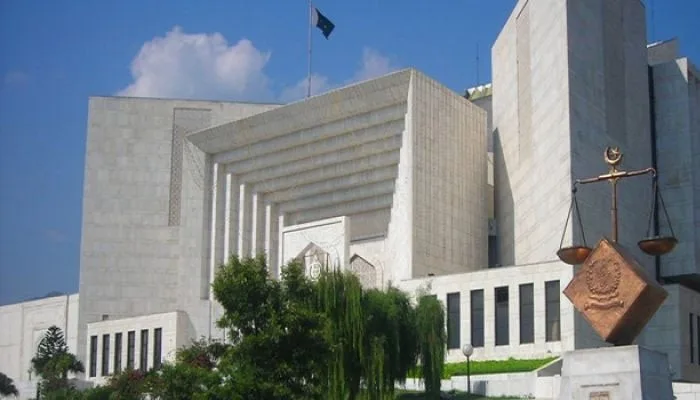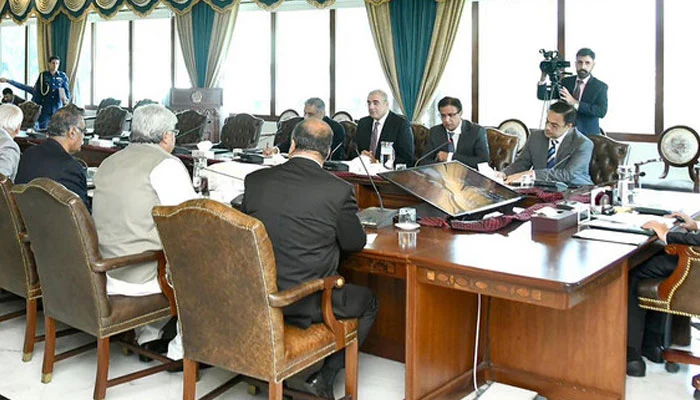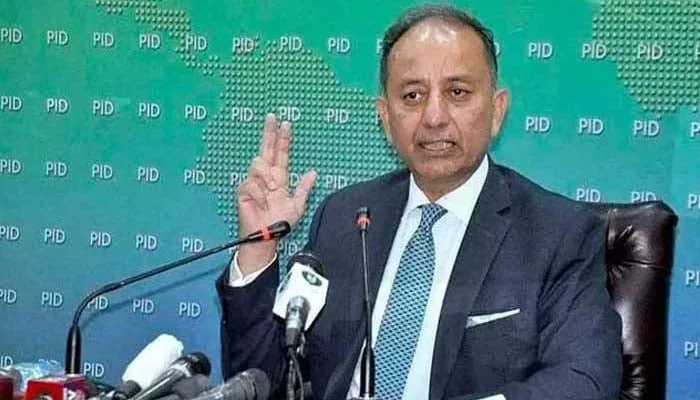Pakistan’s political and legal landscape is once again witnessing a significant moment as the government considers an amendment to Article 243, the constitutional provision that defines the command and control of the Armed Forces. According to Defence Minister Khawaja Asif, the country’s defence requirements have evolved, making it necessary to revisit existing laws through broad political consultation.
Article 243 of the Constitution currently states that the Federal Government holds the control and command of the Armed Forces, while the Supreme Command rests with the President. As strategic, regional, and technological challenges continue to reshape defence needs, policymakers believe that updating this article is both timely and essential. The ongoing discussions aim to ensure that the structure governing the armed forces aligns with modern realities and national priorities.
Speaking in Islamabad, the defence minister stressed that the amendment to Article 243 will not be a unilateral move. Instead, it will be carried out through collective decision-making, with all political parties being consulted. This approach is particularly significant as the government seeks to build a broad national consensus on matters involving defence, constitutional structure, and institutional balance.
The proposed change is part of a wider constitutional conversation underway within the Pakistan Muslim League-Nawaz (PML-N) government. This would mark the second constitutional amendment pursued during the party’s current tenure. The government expects clarity within a few days as consultations continue with coalition partners and opposition groups. If consensus is achieved, the 27th Constitutional Amendment is expected to be presented in parliament soon.
The effort came to public attention on November 3, when Pakistan Peoples Party (PPP) Chairman Bilawal Bhutto-Zardari confirmed that the ruling party had approached them for support in introducing the amendment. He revealed that the proposed package of reforms goes beyond defence matters and also includes the establishment of a new Constitutional Court and certain adjustments to the National Finance Commission (NFC) Award. These additions indicate that the government wants to address multiple structural issues simultaneously.
Further support is being sought from other allies, including the Muttahida Qaumi Movement-Pakistan (MQM-P), Awami National Party (ANP), and Balochistan Awami Party (BAP). Deputy Prime Minister Ishaq Dar highlighted that the government aims to take every partner into confidence before submitting the amendment, reflecting the complexity and national importance of the reforms.
One of the key proposals alongside the amendment to Article 243 is the creation of a separate Constitutional Court. This new court would include representation from all provinces and exclusively handle constitutional matters. Currently, constitutional cases—though only a small percentage of the overall caseload—are heard by judges who also manage daily judicial work. Their dual responsibilities often lead to delays, especially because constitutional cases are more complex and require deeper interpretation of foundational legal principles.
A dedicated Constitutional Court could help streamline judicial processes, reduce pendency, and ensure that sensitive constitutional matters are handled by specialized benches. However, some critics have expressed concerns over existing constitutional benches, referring to them as a “court without a court.” This criticism reflects long-standing debates about judicial structure and independence, making the government’s proposal both timely and contentious.
Supporters of the reform argue that constitutional matters deserve dedicated institutional mechanisms to ensure clarity, consistency, and timely decision-making. Establishing a new court with provincial representation may also help strengthen federal harmony and give all regions a voice in matters that influence the entire nation.
If implemented, the amendment to Article 243 could reshape civil-military relations in Pakistan by updating how constitutional authority is exercised over the Armed Forces. The goal appears to be improved governance, clearer legal responsibilities, and alignment with evolving defence needs. At the same time, linking this amendment with broader structural reforms signals the government’s intention to address long-standing institutional challenges rather than focusing on a single constitutional article.
Much now depends on the outcome of the ongoing political consultations. With the government expecting clarity in the coming days, policymakers and citizens alike are watching closely to see whether all major parties will agree on the proposed changes. If consensus is achieved, the upcoming 27th Amendment may become one of the most significant constitutional reforms in recent years.
Pakistan’s constitutional development has always evolved through dialogue, negotiation, and adjustments to national realities. The debate around the amendment to Article 243 reflects the country’s ongoing effort to strengthen governance structures and keep its legal framework aligned with modern challenges. As consultations move forward, the coming weeks will be crucial in determining how these proposed reforms shape the country’s political and defence institutions.



